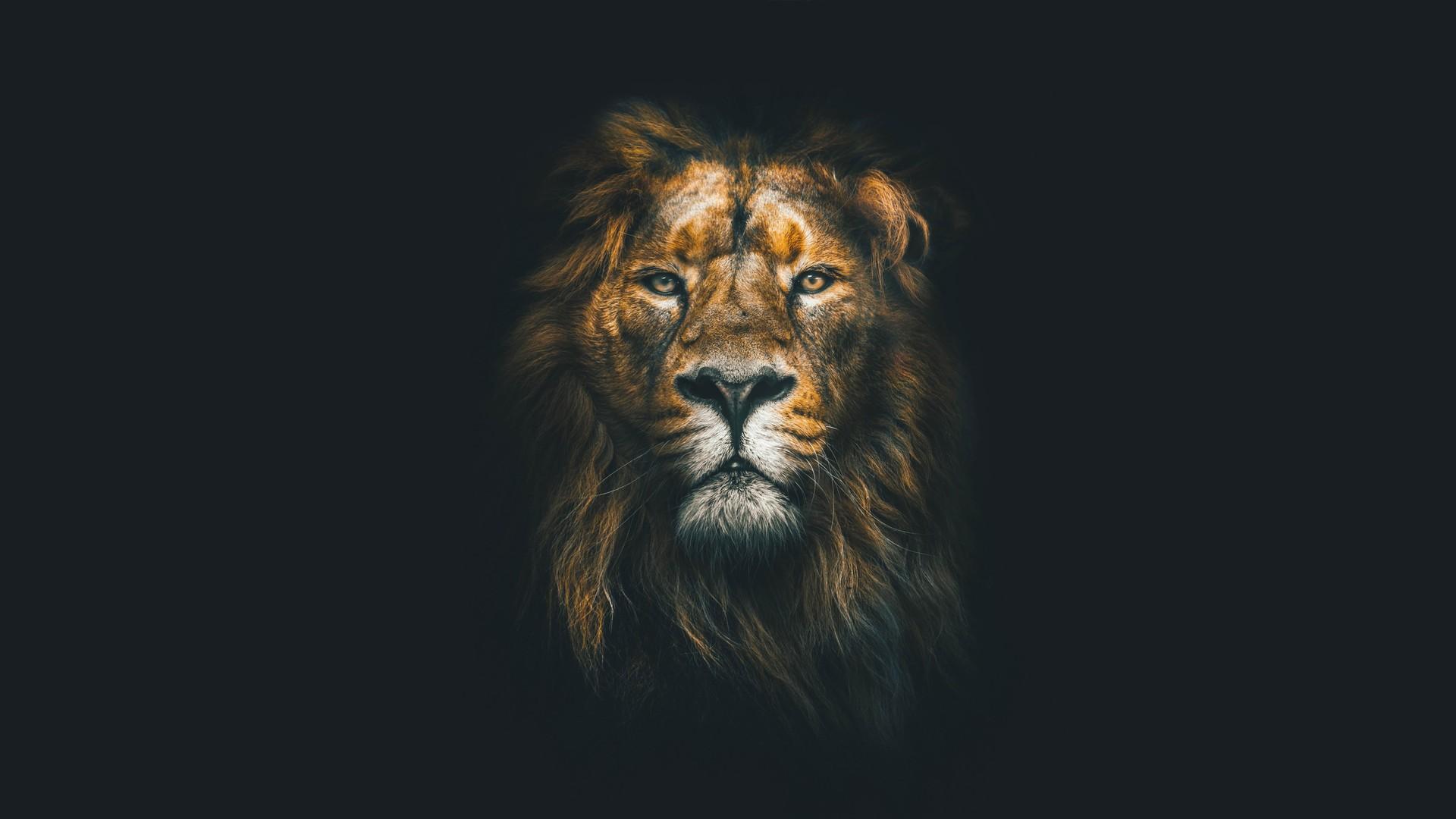
The Voluntourism Scam
Many young people mostly from Europe and North America want to make a difference and are willing to pay handsomely to spend time volunteering in Africa. Many captive wildlife facilities take advantage of this willingness to give back by offering volunteers the opportunity to be surrogate mothers for their “orphaned” cubs.
The Orphan Lie
These volunteers, a large percentage are women between the ages of 18-35 years old, want to work with animals and make a positive contribution to lion conservation. They fall victim to the false but convincing conservation messages that these captive wildlife facilities promote: “Our cubs were orphaned”, “they are rejected by their mothers” and “we prepare them to be released back into the wild”.
Volunteer Exploitation
International volunteers are often ill-informed and unaware that these cute cubs that they bottle feed and bath are not orphaned and will never be returned to the wild. Instead they are grooming and habituating these cats to become part of the lucrative cub petting and walking with big cats scams. Unintentionally, they become part of an exploitative and unregulated industry that raises many animal welfare concerns.
Revenue Scam
Volunteers are duped into paying sometimes up to US$3,000 for a two-week placement. Some captive wildlife facilities are known to have 30-35 volunteers per month making anything up to US$100,000 per month from international volunteers alone. Inadvertently, the volunteers also take potential job opportunities away from local people.
Unknown Fate
Paying volunteers are seriously ripped off, as they truly believe to be contributing to the conservation of lions through reintroduction of these “orphans” back into the wild. Surely, if these facilities would be releasing lions back into the wild, this would be a huge PR opportunity. So, why do we never read about this? Simply because it isn’t true.
Well-intentioned volunteers unwittingly help to raise lions for canning hunting and the lion bone industry. The facility will deny any direct involvement in this abhorrent industry however the trade in wildlife for these unethical commercial operations often takes place through intermediary.
Ask Questions
If you are interested in volunteering in Africa and in particular South Africa, please do your homework and find responsible and ethical volunteering opportunities. There are many genuine wildlife rehabilitation and conservation projects looking for volunteers. However, check out social media for red flags and ask lots of questions before you sign on the dotted line.
Some of the questions to ask include:
- Do you breed big cats, such as lions, cheetahs and tigers? If so, why?
- Why do you have a continuous stream of cubs available for volunteers to raise?
- Do you offer any human-animal interaction at your facility? If so, why?
- Can you provide evidence of any lion releases back into the wild? Please provide data on where, when, how many and monitoring progress of these releases.
- Do you trade in captive wildlife? If so, why?
- Do you class yourself as a sanctuary? If so, do you provide a forever home for your animals without breeding and trading?



